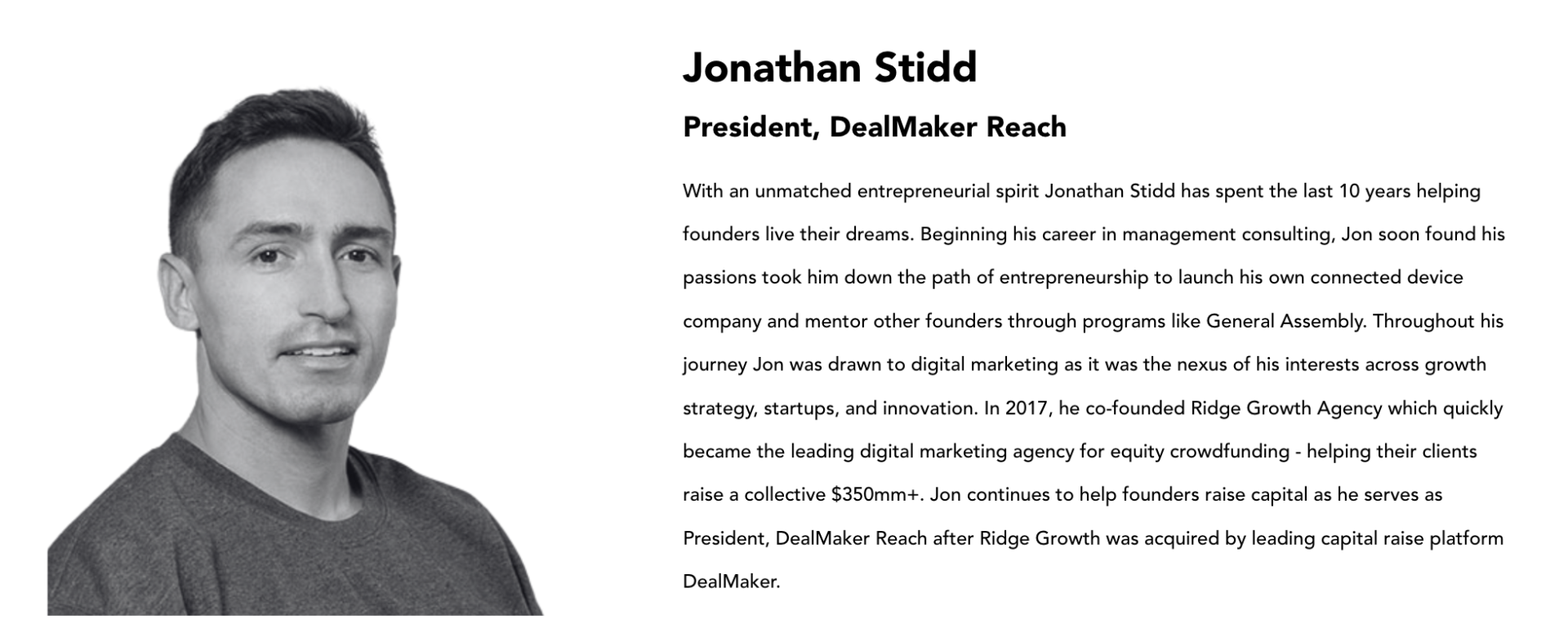If you’re trying to build something (a company, a product, a service) and not simultaneously building a community, then the future is likely dim. Customer acquisition costs have never been higher due to App Tracking Transparency (that’s a whole other post - explainer here) alongside increasing competition because it's never been easier to start a business in a world of AWS, 3PLs, Shopify, open AI models, and other software tools that are essentially a business in a box.
This is why community matters. Community by its nature is a group of like-minded individuals coming together, and this ultimately can equate to built-in distribution. And I cannot stress this enough: distribution is the best and biggest competitive moat. In some sense, distribution is all that matters; you could have the best product/service in the world, but without a distribution moat you’ll be left high and dry.
A great example of this is in the newspaper business – once upon a time the printing presses and physical distribution systems created massive barriers to entry because that infrastructure was expensive to build. Newspapers raked in cash.
Then, the internet came along. The digital nature of the internet drops distribution costs to pretty much zero when all you have to do is hit “send.” It’s no coincidence that the downfall of newspapers (specifically their advertising model) coincided with the rise of platforms like Meta, Google, and Twitter.
This distribution dynamic is shifting yet again. The rising tide of the internet and the social media platforms mentioned above (and now TikTok!) have allowed people (even anonymous ones) to grow massive followings. And now we see these communities being monetized.
And this new type of distribution is of a different breed. A relationship with a community now has the potential to be very personal. This 1-1 relationship is something every brand dreams of.
As a result, power is shifting to the influencers and creators. Why? Because they own the community.
Kim Kardashian just launched a PE fund with the power to bestow the eyeballs of her following onto any brand she touches. YouTube star MrBeast recently launched MrBeast Burger, which now delivers to 1k+ areas in the US, Canada, and the UK. The list goes on.
Community is king, and clearly, cash can follow. That’s why the best companies we’ve raised capital for are taking this “community-first” approach. It’s how DealMaker Reach has helped raise over $70M for Miso Robotics.
"DealMaker gave us a really great opportunity to market and advertise and engage with our community and potential investors. We received a white-label solution that just worked seamlessly for our needs." Ben Liebling Director, Wavemaker Labs
The company’s first Community Round was in 2020, and Miso’s community continues to invest as the company matures. Miso’s direct relationship with its investors and community allows them to announce exciting updates like partnerships with Chipotle, Jack in the Box, and White Castle directly to its audience, allowing them to invest in the company’s growth.
So when considering how you want to raise capital to build not only your business but also your brand, the key competitive difference for successful brands is to focus on building an investor community.
Register for FREE to comment or continue reading this article. Already registered? Login here.
3





"Community is king" is a great way to think beyond the truism of the last century ("content is king").
And also "... distribution is the best and biggest competitive moat. In some sense, distribution is all that matters; you could have the best product/service in the world, but without a distribution moat you’ll be left high and dry." ... is another gem.
Unfortunately, many of the mainstream social media and community-building tools, like Twitter, are turning toxic so it will be interesting to see what new tools emerge and how they can connect to "self service" regulated crowdfunding platforms like DealMaker.